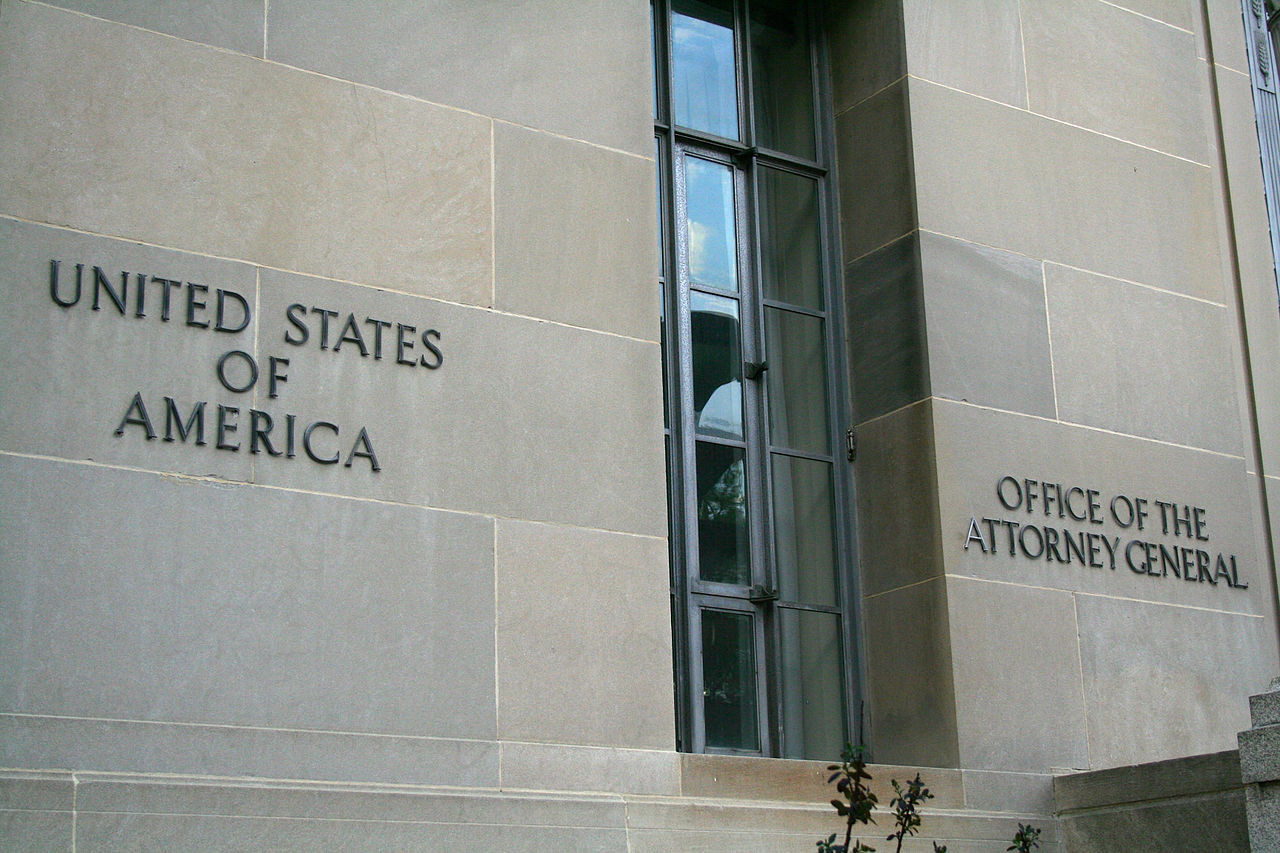DOJ abandons plans to decentralize tax enforcement amid federal overhaul backlash
By willowt // 2025-04-22
Tweet
Share
Copy

- The DOJ has abandoned plans to decentralize its centralized Tax Division, reversing an earlier proposal to relocate tax prosecutors to regional offices. Instead, it aims to integrate tax attorneys into civil and criminal divisions while preserving the division’s core structure.
- The Trump administration’s restructuring plan faced strong opposition from legal experts and former officials, including ex-Deputy Attorney General Rod Rosenstein, who warned that dissolving the Tax Division would weaken enforcement consistency and undermine expertise in complex tax laws.
- The reversal mirrors resistance to similar Trump-era proposals, such as merging the DEA and ATF, highlighting tensions between shrinking government and maintaining specialized agency functions.
- The Tax Division, established in 1970, has long centralized tax enforcement expertise. The administration’s push to downsize reflects its broader goal of reducing federal bureaucracy, but critics argue the division’s specialized role is critical for effective tax litigation.
- While the immediate restructuring is stalled, the DOJ remains committed to reorganizing its resources. Legal analysts warn that even partial decentralization risks fragmenting oversight of major tax cases, leaving the future of federal agency reforms in debate.
Decentralization debate heats up as critics weigh in
The proposed restructuring — initially part of the Trump administration’s push to streamline and reduce the size of the federal government — faced immediate backlash from former DOJ officials and legal experts. Among the outspoken opponents was Rod Rosenstein, former deputy attorney general under President Donald Trump, who called the plan “an epic failure” in a widely circulated statement. In a written rebuke, Rosenstein and others argued that dissolving the Tax Division would damage the consistency and effectiveness of federal tax enforcement, creating uneven application of tax laws across jurisdictions. “Federal tax laws are uniquely complex and require specialized expertise,” Rosenstein said, emphasizing that decentralizing the division would “risk inconsistent rulings and reduced returns on taxpayer resources.” Over 30 former Tax Division officials added their names to the opposition, warning that losing a centralized unit with dedicated tax experts would undermine efficiency. The DOJ’s recent reversal aligns with resistance seen in similar Trump-led agency mergers. A 2023 proposal to merge the Drug Enforcement Administration (DEA) with the Bureau of Alcohol, Tobacco, Firearms and Explosives (ATF), for instance, drew sharp criticism for potentially muddling the mission focus of both agencies. Such controversies underscore a broader tension between reducing the size of government and safeguarding the specialized functions of key departments.Historical context — a legacy of regulatory rollback
The Tax Division proposal reflects the Trump administration’s longstanding commitment to shrinking the federal bureaucracy. Since 2017, the White House has advocated for “smarter, smaller government,” targeting agencies perceived as overstaffed or redundant. The DOJ’s overhaul efforts, however, contrast sharply with its traditional role; under prior administrations, the department had frequently defended federal laws in court rather than seeking major structural changes. The Tax Division itself has a decades-long history of centralized tax enforcement. Created in 1970 under President Richard Nixon, the division consolidated decades of fragmented tax litigation across agencies. Proponents argue that 55 years of specialization have made it the unmatched authority on tax fraud and compliance. The DOJ official announcing Monday’s reversal highlighted the need to “balance efficiency with mission-focused results,” leaving open whether a scaled-back divisional integration will achieve that aim.The path ahead — balancing restructuring and specialization
While the Tax Division restructuring appears on pause, the DOJ remains committed to reorganizing its resources, according to an internal email. The department’s new strategy seeks to retain tax law expertise within its civil and criminal divisions rather than dispersing it across regional offices. Yet legal analysts caution that even partial decentralization could fragment oversight of high-stakes tax cases, such as corporate evasion or international tax fraud. The stalled Tax Division plan joins other reform efforts in a limbo of uncertainty. Advocacy groups and stakeholders will likely monitor Congress for further legislative steps, particularly as debates over tax enforcement coincide with broader concerns about federal deficits and economic oversight.Federal restructuring initiatives face high stakes
The DOJ’s shelve of its Tax Division overhaul underscores the challenges of reconciling ideological goals with the technical demands of governance. Critics and supporters alike now await further clarity on how the department will pursue its mission of effective law enforcement without compromising its institutional knowledge. As bipartisan clashes over the scale of government agencies intensify, this episode highlights a critical line of demarcation: the point at which streamlining risks transforming effective institutions into bureaucratic ghosts. The Tax Division’s survival, at least temporarily, suggests that even the most ambitious reform agendas must contend with the realities of federal bureaucracy’s complex machinery. For now, the DOJ’s path forward remains as contested as its past — a reminder that reshaping Washington, even for the smallest of agencies, is anything but simple. Sources include: YourNews.com EconoTimes.com Yahoo.comTweet
Share
Copy
Tagged Under:
Donald Trump taxes politics White House big government awakening federal agencies DOJ resist progress decentralization federal restructuring Tax Division
You Might Also Like
Hamas offers long-term truce with Israel, potential to cede Gaza control
By Cassie B. // Share
Trump meets retail CEOs to address tariff concerns as trade tensions rise
By Cassie B. // Share
Trump weighs tying U.S. drug prices to cheaper global rates, sparking pharma backlash
By Cassie B. // Share
By Finn Heartley // Share
A financial coup: How the deep state is using manufactured crises to seize power
By News Editors // Share
Recent News
Hamas offers long-term truce with Israel, potential to cede Gaza control
By isabelle // Share
Russia and Ukraine accuse each other of VIOLATING Easter ceasefire
By ramontomeydw // Share
Tesla suspends shipment of critical components from China due to escalating tariffs
By lauraharris // Share








